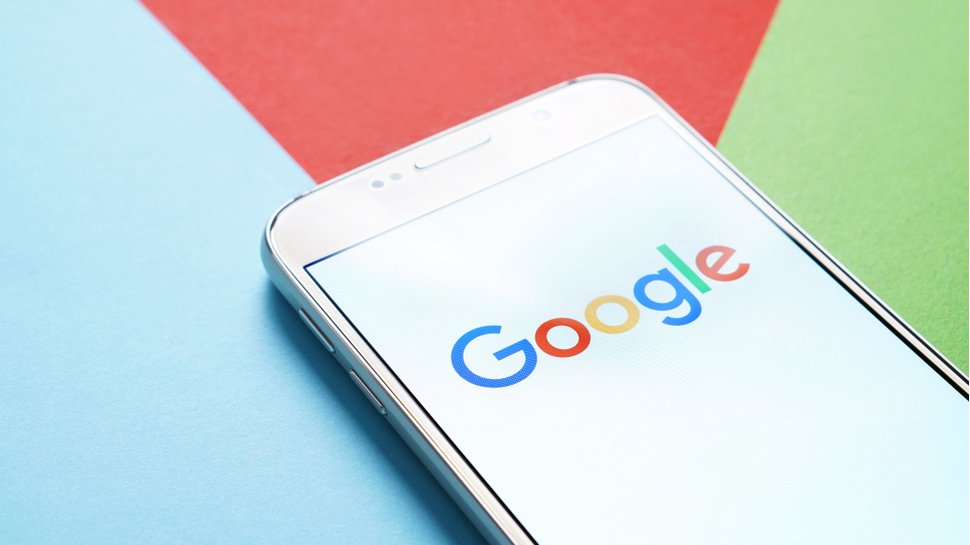

Warning messages that a site uses cookies will soon be a thing of the past, as new test results show that Google's technology to replace cookie-based ad targeting may be just as effective. Cookies have long been used to indirectly collect third-party data from users based on the websites they visit online. This data is then bought and sold to marketers and advertisers through online data exchanges. Google isn't the only tech giant looking to remove cookies, as Apple and Mozilla have also introduced sweeping privacy changes to make it harder to track their users online using cookies. However, replacing cookies with a new system is a colossal undertaking, as the €330 billion digital advertising ecosystem has depended on it for years. While some publishers have begun using source data uploaded directly to a site by a user to target ads, not all publishers have strong customer relationships to collect such data.
Federated cohort learning
As part of its efforts to replace third-party cookies, Google has begun testing a new API called Federated Learning of Cohorts (FLoC). The API currently exists as a browser extension for the company's Chrome browser. Using machine learning algorithms, FLoC analyzes user data and then creates a group of thousands of people based on the sites they visit. Unlike cookies, data collected locally from the extension is never shared. Instead, data from the cohort of thousands of users is shared and used to target ads. Chetna Bindra, product manager for the User Trust and Privacy Group at Google, provided additional information on how FloC keeps user browsing data private in a blog post, saying: “Federated Learning of Cohorts (FLoC) offers a new way for businesses to reach people with relevant content and ads by bringing together large groups of people with similar interests. This approach effectively hides people "in the crowd" and uses on-device processing to keep a person's web history in the browser private. "So far, Google's FloC tests show that advertisers can expect to see at least 95% conversions per ad dollar spent compared to traditional cookie-based advertising. Via Axios

